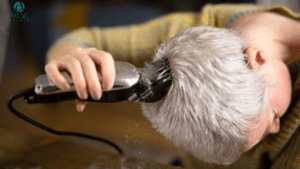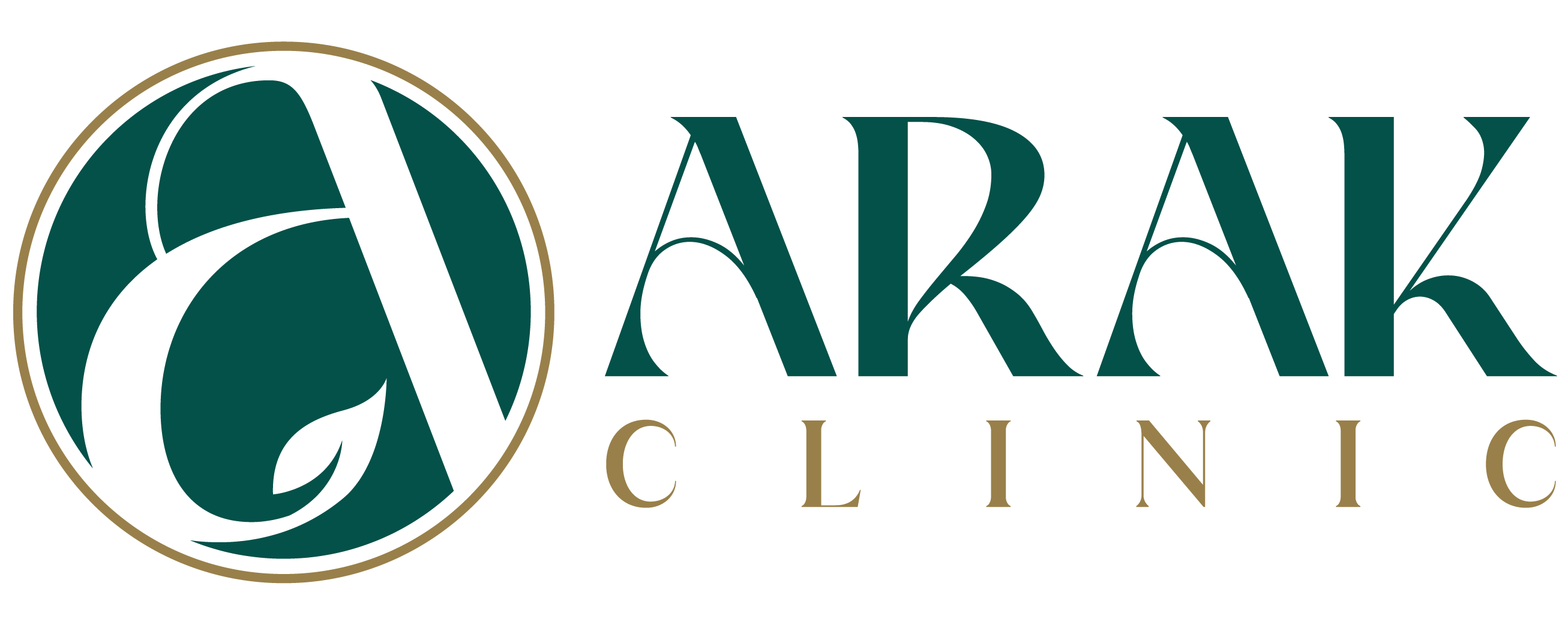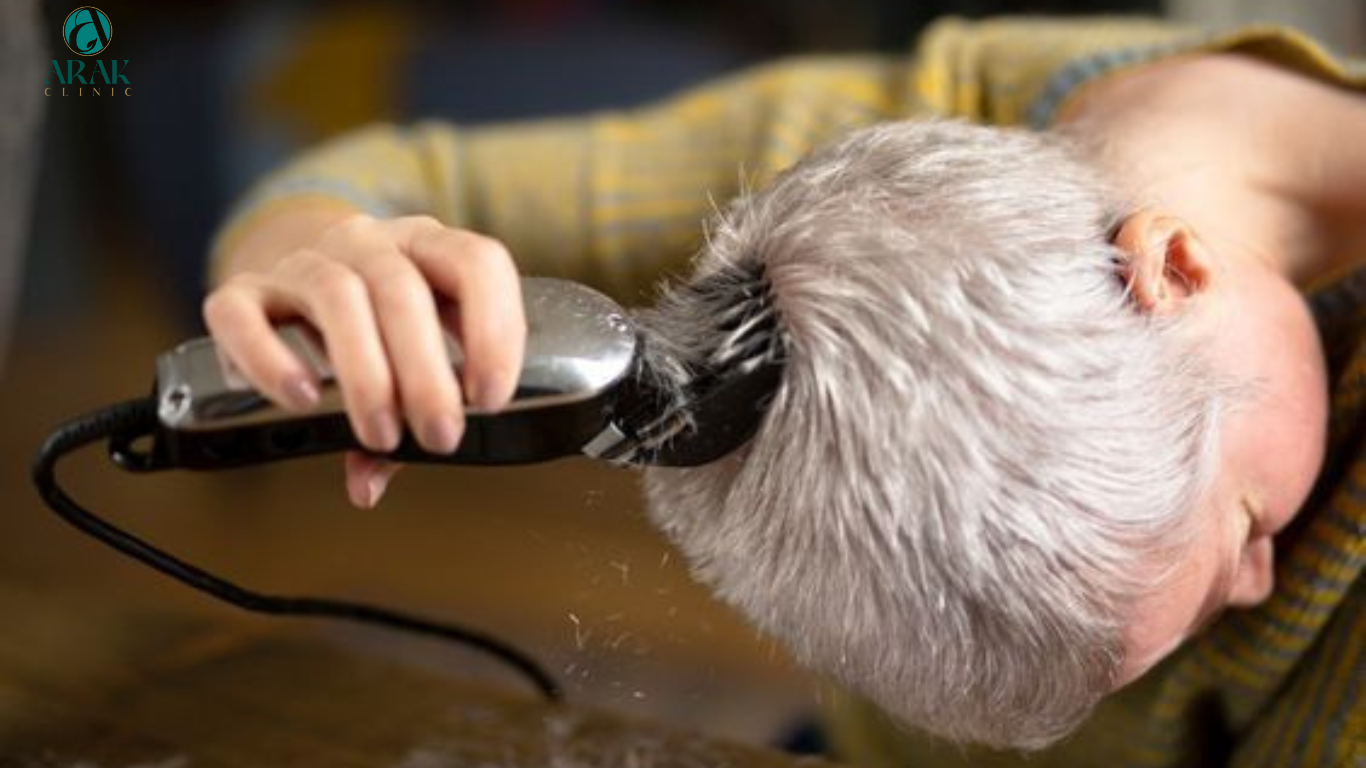Chemotherapy is a widely used treatment for cancer, often hailed for its effectiveness in targeting cancer cells and slowing down their growth. However, one of the most distressing side effects of chemotherapy is hair loss, also known as chemotherapy-induced alopecia. For many cancer patients, the prospect of losing their hair can be emotionally challenging, impacting their self-esteem and sense of identity. In this article, we’ll explore the causes of chemotherapy-induced hair loss and discuss strategies for managing these changes during cancer treatment.
Understanding Chemotherapy-Induced Hair Loss:
Chemotherapy drugs work by targeting rapidly dividing cells, which include cancer cells but also affect healthy cells in the body, such as those in the hair follicles. As a result, chemotherapy can disrupt the normal growth cycle of hair, leading to hair thinning and eventual hair loss. The extent and severity of hair loss vary depending on the type and dosage of chemotherapy drugs used, as well as individual factors like genetics and overall health.
Coping with Hair Loss During Treatment:
Hair loss can be a significant source of distress for cancer patients, but there are ways to manage these changes and maintain a positive outlook during treatment. One approach is to explore options for preserving hair, such as using scalp-cooling devices during chemotherapy sessions. These devices work by reducing blood flow to the scalp, minimizing the amount of chemotherapy drugs that reach the hair follicles and potentially reducing hair loss.
For those who do experience hair loss, there are several strategies for coping with changes in appearance. Many cancer patients opt for wigs, scarves, or hats to cover their heads and maintain a sense of normalcy. Additionally, some individuals choose to embrace their baldness as a symbol of strength and resilience during their cancer journey.
Seeking Support and Guidance:
It’s essential for cancer patients undergoing chemotherapy to have access to support and resources to help them cope with hair loss and other treatment-related changes. Support groups, counseling services, and online communities can provide valuable emotional support and practical advice for managing hair loss and maintaining overall well-being during cancer treatment.
At Arak Clinic, we understand the emotional impact of chemotherapy-induced hair loss and are committed to supporting cancer patients throughout their treatment journey. Our compassionate team offers personalized care and guidance to help individuals navigate the challenges of cancer treatment and maintain their confidence and dignity.





